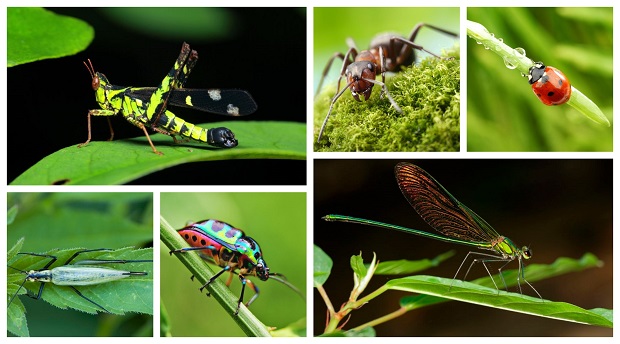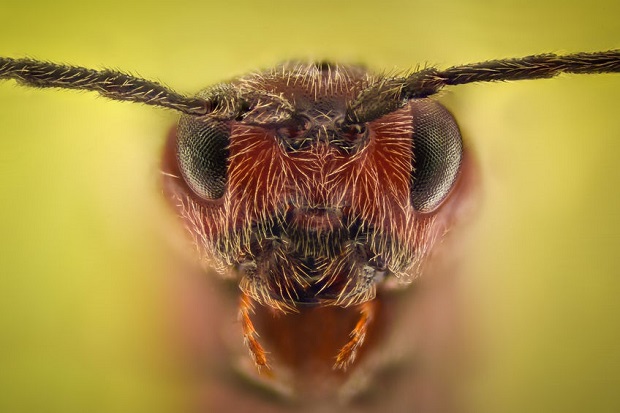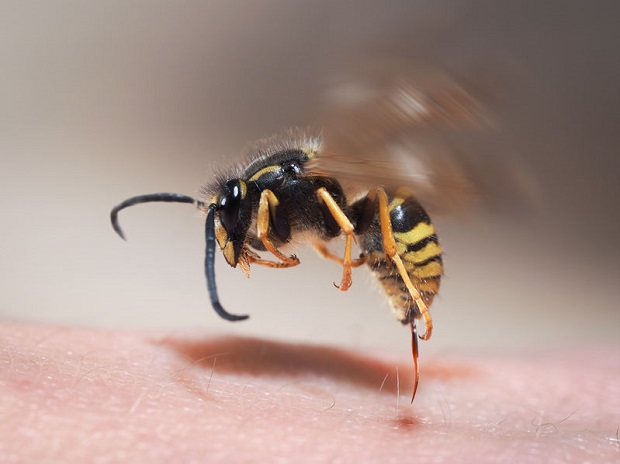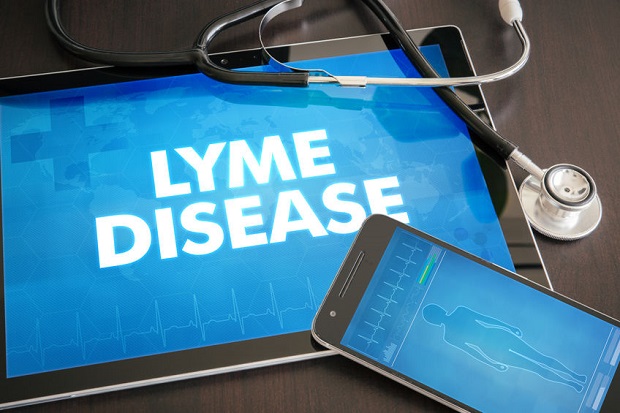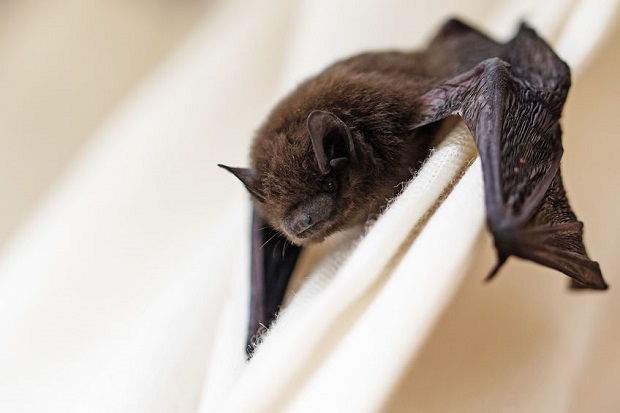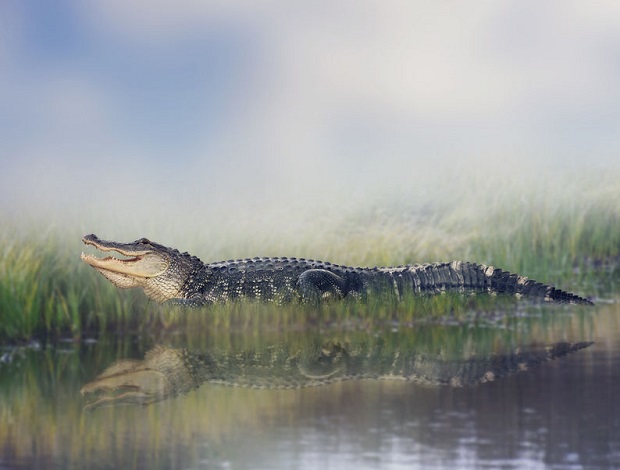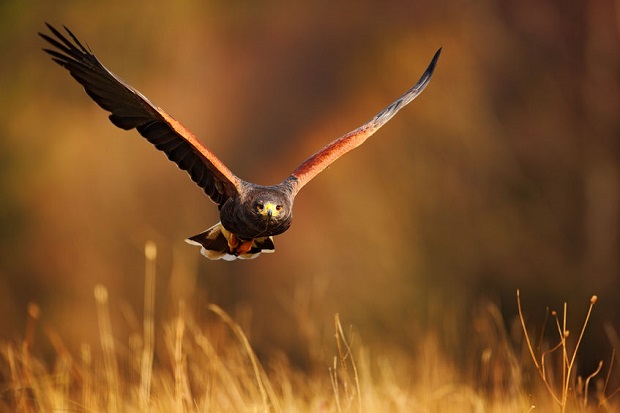
Are Falcons Endangered?
Of the more than 35 species of falcons worldwide, two are currently endangered – the saker falcon and the Mauritius kestrel. The subspecies of the aplomado falcon, the northern aplomado, is endangered in the US. An additional 5 falcon species are listed as vulnerable.
Saker Falcon Is Endangered
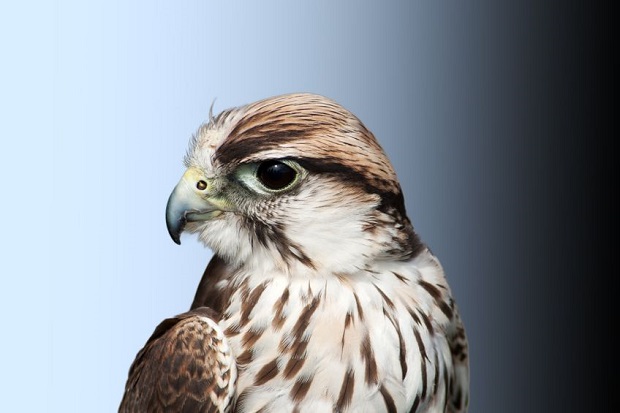
The saker falcon, native to Northern Africa, Asia, and parts of Europe, was added to the endangered species list in 2012 due to a rapid decline. The underlying cause of this decline is due to several factors negatively impacting the birds, including habitat degradation, chemical pollutants, electrocution on power lines, and capture for the falconry trade.
Mauritius Kestrel Is Endangered
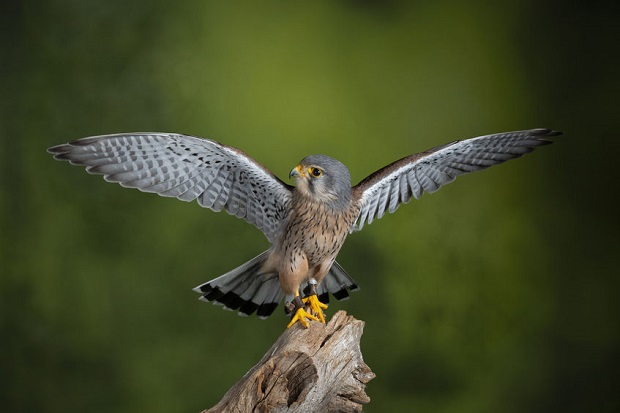
The Mauritius kestrel, native to the island nation of Mauritius off the southeast coast of Africa, was added to the endangered species list in 2014 due to an extremely small, declining population in a very small habitat due to the spread of introduced plant species. The Mauritius kestrel was formally on the endangered species list from 1994 to 1996 but made a comeback in 2014.
Northern Aplomado Falcon Is Endangered
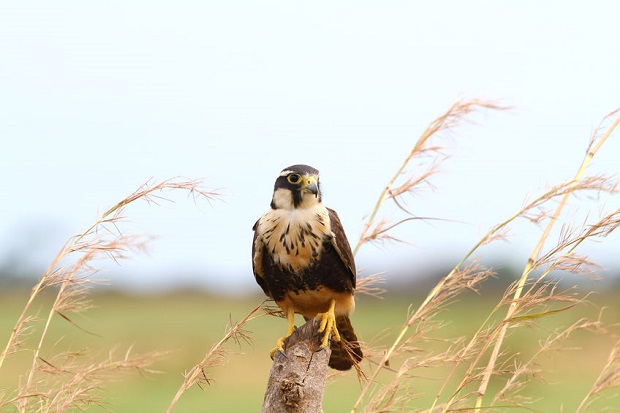
The northern aplomado falcon was deemed an endangered species in the US in 1986. The northern aplomado falcon is a subspecies of the aplomado falcon, which is common in Central and South America. The open rangelands and savannas of southeastern Arizona, southern New Mexico, and southern Texas were home to the northern aplomado falcon until the birds met with habitat loss due primarily to brush encroachment and human development.
The decline of this species in the US was also due to pesticide exposure to DDT. DDT’s negative effects on falcons include infertile eggs and causing eggshells to be extremely soft and breakable.
Falcon Species Listed as Vulnerable Worldwide
Plumbeous Forest Falcon
Range: Columbia, Ecuador
Reason: Loss of habitat
Taita Falcon
Range: Botswana; Ethiopia; Kenya; Malawi; Mozambique; South Africa; South Sudan; Sudan; Tanzania, Uganda; Zambia; Zimbabwe
Reason: Evidence of small population in decline
Grey Falcon
Range: Australia
Reason: Fewer than 1,000 exist
Sooty Falcon
Range: Bahrain; Djibouti; Egypt; Eritrea; Iran, the Islamic Republic of; Israel; Jordan; Libya; Oman; Palestine, State of; Saudi Arabia; United Arab Emirates; Yemen; Madagascar; Qatar; Sudan; Chad; Kenya; Malawi; Mauritius; Mozambique; Niger; Pakistan; Rwanda; Réunion; Somalia; South Africa; Tanzania, the United Republic of; Uganda; Zambia
Reason: Single small declining population
Seychelles Kestrel
Range: Seychelles
Reason: Very small population and range
Resources
Encyclopedia Britannica – “Falcon”
The IUCN Red List of Threatened Species 2017 – “Falco cherrug”
The IUCN Red List of Threatened Species 2016 – “Falco punctatus”
US Department of Defense and US Fish and Wildlife Services – “Northern Aplomado Falcon”
